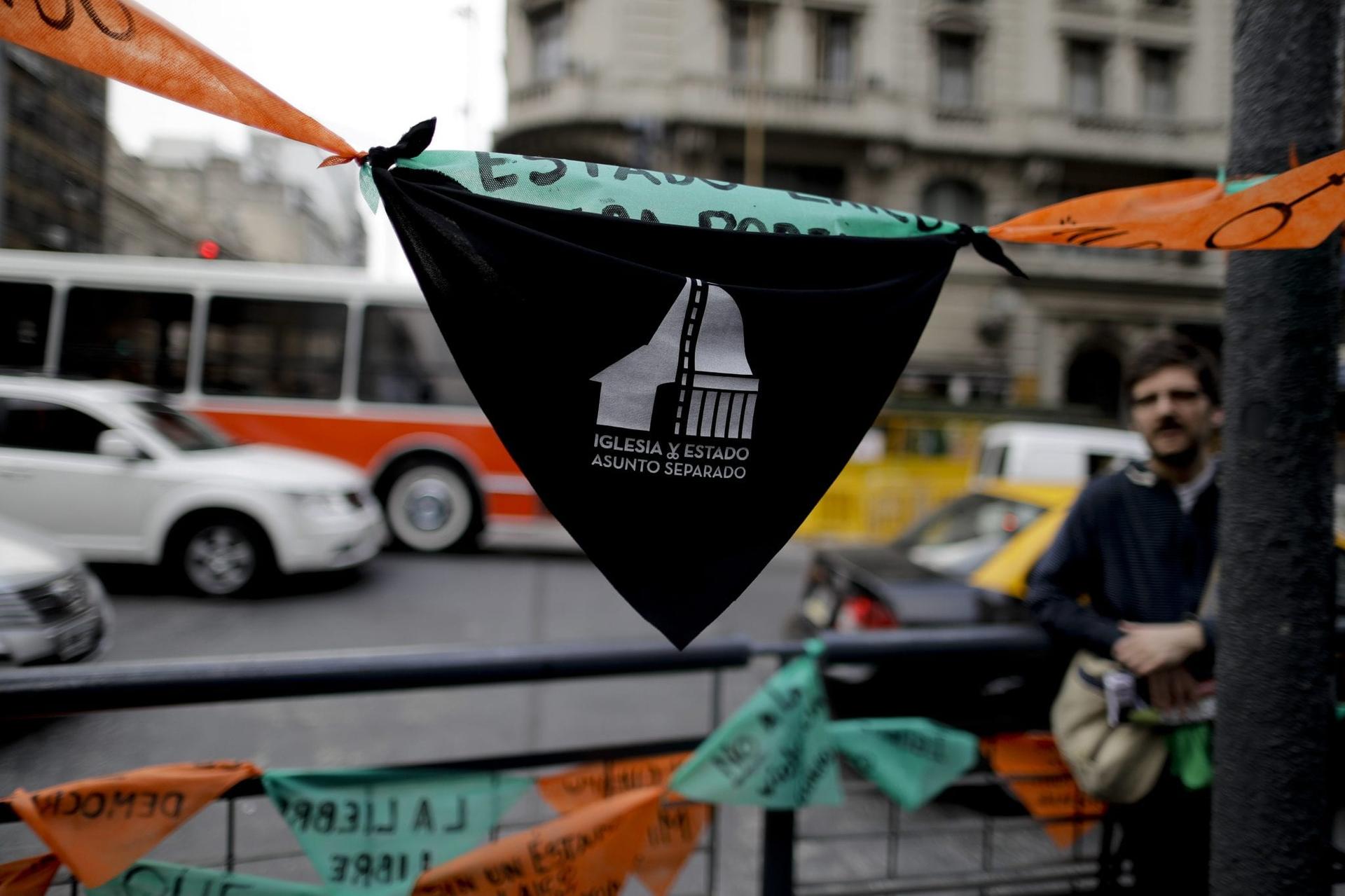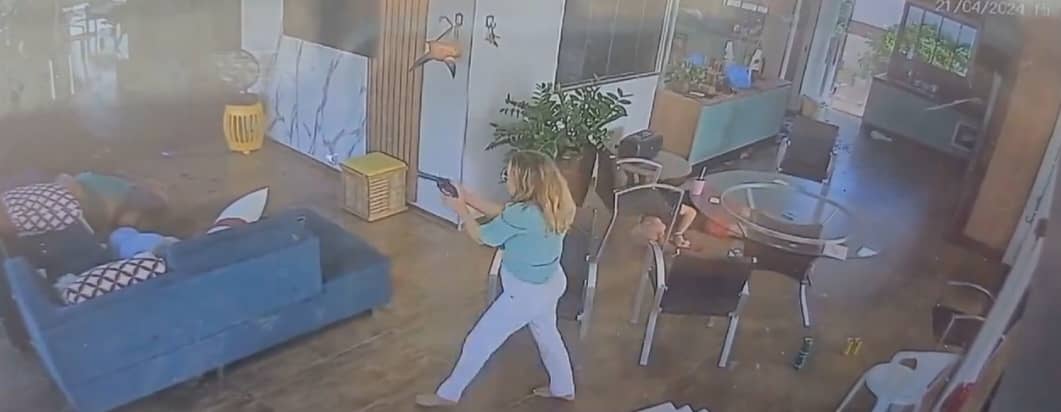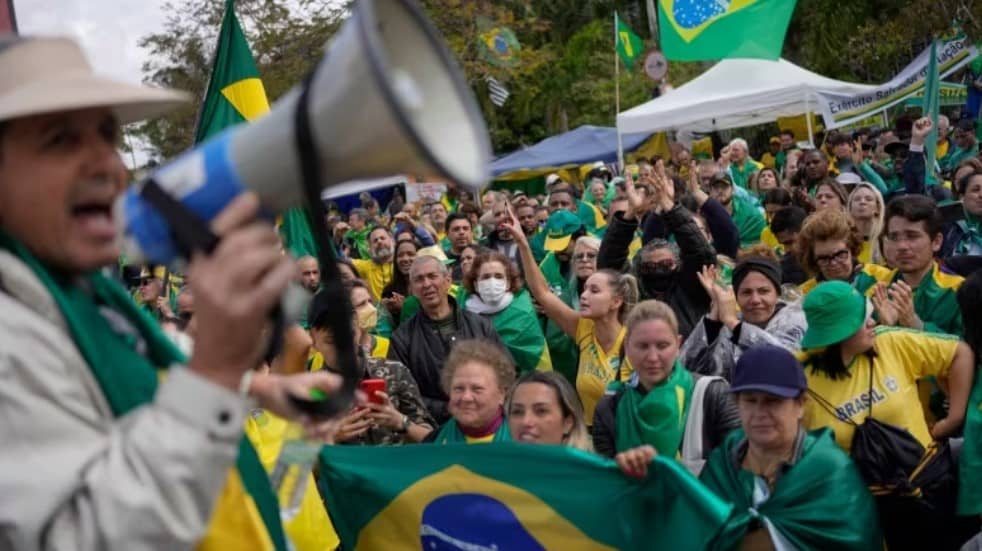ROME – Although it can be hard for many Catholics right now to think past the clerical sexual abuse scandals which have made this summer virtually a season in hell for the Church, there are reminders out there, for those with eyes to see, that the abuse crisis isn’t the only storyline that matters.
For instance, this past weekend in Pope Francis’s native Argentina, three bishops spoke out on topics that are today high priorities for the local church – church/state relations, organized crime and human trafficking – and which have long been close to the heart of history’s first pope from the global south.
An “obsolete” debate over Church and State
After the Argentine Senate voted in early August against the legalization of abortion, several self-described feminist and left-wing movements have been campaigning against the Catholic Church, blaming it for the result. This campaign has included an “apostasy en masse,” with thousands of people allegedly filling out paperwork to formally renounce membership in the Church.
Protesters are calling for a reevaluation of the nexus between Church and state in Argentina, where a 1994 constitution makes it clear that “the Federal Government supports the Roman Catholic Apostolic religion.”
Archbishop Jorge Eduardo Lozano of the northern archdiocese of San Juan, who served as auxiliary of Buenos Aires under then-Cardinal Jorge Mario Bergoglio, today Pope Francis, dedicated his weekly column to the topic, saying that to speak about the division of church and state is “obsolete and anachronistic, because we’re no longer in a confessional state or a state-run church.”
Those calling for this debate, he said, are completely disregarding “the religious freedom and freedom of expression of those who have convictions of faith” and are ignoring “the religious sentiment of the people.”
Lozano also insisted that one “cannot separate what’s not united. This is obvious.”
As Lozano noted, one argument being put forth by those promoting the debate is that the Argentine government pays the salaries of the Catholic bishops, which represents something like the 0.04 percent of the national budget. Yet, as he also points out, the Catholic Church supported itself without problems until 1822, when the government expropriated much of its rightfully owned lands and properties.
Ever since, the prelate continued, the state has financed the Church “in diverse ways and as compensation,” arguing that the money given every year was never significant either for the state or the Church.
In Lozano’s opinion, to set up a national debate on this issue as the 2019 budget is being debated is to “distract attention” from more important issues such as “regional economies, inflation, taxes and pensions.”
Lozano also mentioned that since 1966 Argentina has had a concordat with the Holy See similar to the one signed during the government of leftist Ignacio “Lula” da Silva in Brazil in 2008. The agreement, as he points out, defines the relationship between the state and the Church in two words: “autonomy and cooperation.”
Autonomy means that each side chooses its own authorities through independent mechanisms and determines what its priorities are. Cooperation means that when possible, the two will work together in the search for the common good, something the archbishop exemplified by mentioning attention to the poor and education.
Aggressive secularism, Lozano argued, “silences the integral nature of human rights, attempting to eradicate (sometimes with violence and pathetic attitudes) religion from public life, education, the economy, the poor… Freedom of religion and expression of those who have faith convictions is run over, and the people’s religious sentiment is ignored.”
“These are ‘new ideologies,’” he said, “with old totalitarian predispositions and imperial aspirations.”
Human trafficking, organized crime and marginalization
Two other bishops touched on other subjects this weekend: Bishop Gustavo Carrara, auxiliary of Buenos Aires, who is known as the country’s first “villero bishop,” meaning one who focuses his ministry on the slums of the country’s capital.
The second was Archbishop Eduardo Eliseo Martín of Rosario, the country’s second largest city often described as the “future Medellin,” in reference to the Colombian city once plagued by organized crime.
Leading a “Mass for peace” at a local parish on the outskirts of his diocese, Mary Queen, Martín asked for authorities to take urgent measures to end “trafficking, the distribution of weapons, [and] the killing of people.”
The parish had been attacked on August 23, presumably as a threat to the community, where the local priest has been outspoken against the mob presence besieging his neighborhood.
According to Martin, the Church needs to be a “presence in the most forgotten and needy places,” and also among the many youth who “suffer the slavery of drugs that destroys and disarms the human person.”
Every other day a person is killed in Rosario in a violent crime, and “dirty money runs in torrents,” Martin said.
“No one can pretend to be distracted now,” he said. “No one can look the other way,” he added, demanding for the ruling class to “put an eye on this situation.”
According to Martín, what the shantytowns of Rosario need is “peace and tranquility. What people want, what we want, is to be able to live at ease, to work, study, go out in the streets, drink mate [Argentinian tea], visit our neighbors, or go buy bread.”
“Safety is not in the hands of the bishop, the priest, not in ours, but in the authorities’. For this reason, we demand with humility but firmly for them to own up to their commitment, their duty that is to maintain and protect the safety of people,” he said.
A similar vein was struck by Carrara, as he celebrated on Sunday a Mass that was once said yearly by Francis in Constitución Square, calling for a society freed of modern-day slavery and marginalized persons. Bergoglio began this Mass back in 2008.
Quoting the pontiff, the bishop said that Catholics are called to “be attentive, not to be distracted” when facing “the marginality that is the breeding ground for different forms of [human] trafficking and exploitation.”
“Our social situation is a challenging one, it’s complicated,” he said. “But all those of you here are fighters. You know how to fight, that if we’re united we can do a lot for those who suffer the most.”
“Where the invisible hand of the markets, that magically seems to solve it all but ends up solving nothing, that’s where the caresses, hugs, concrete hands of men and women who help others stand back up,” Carrara said.

















